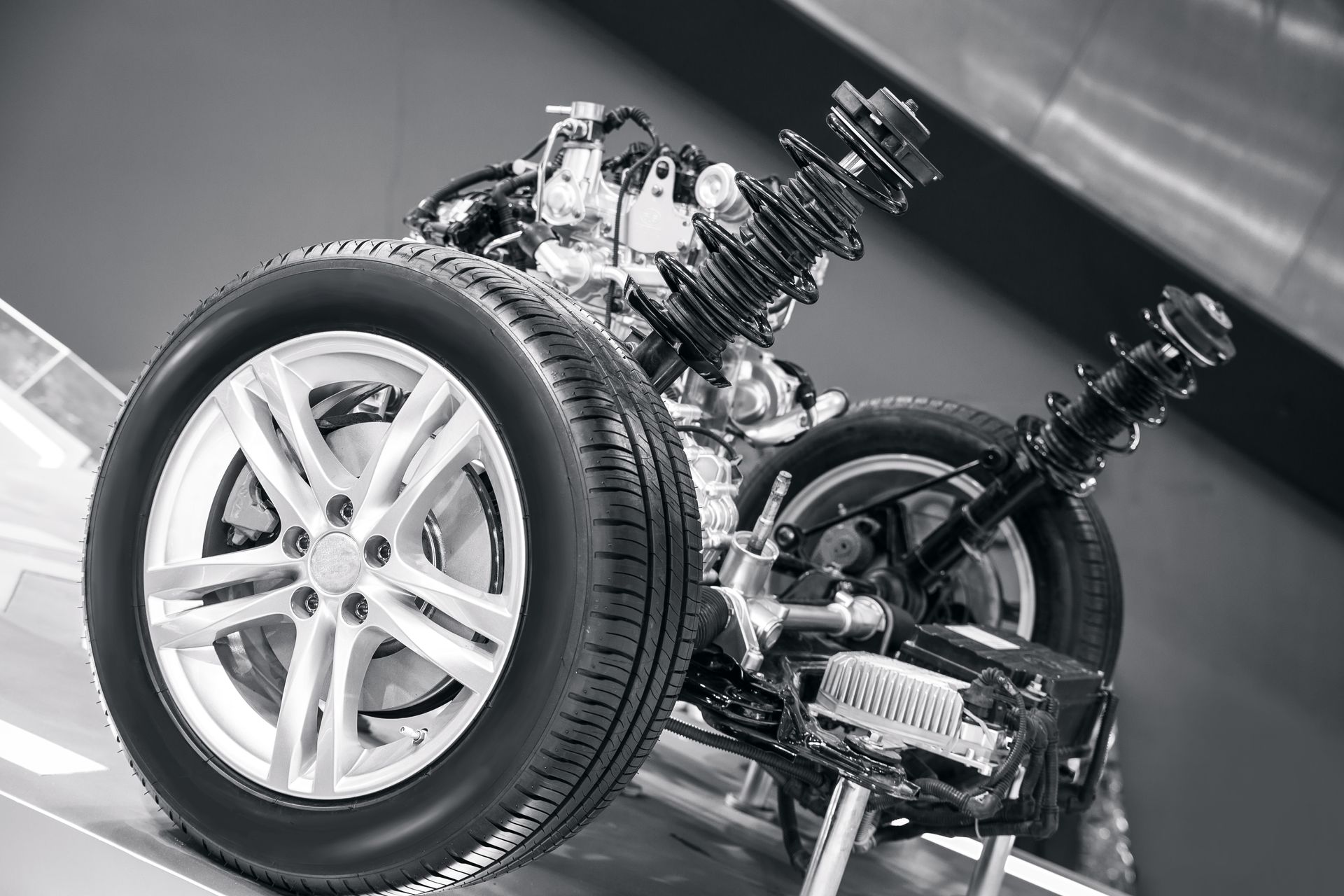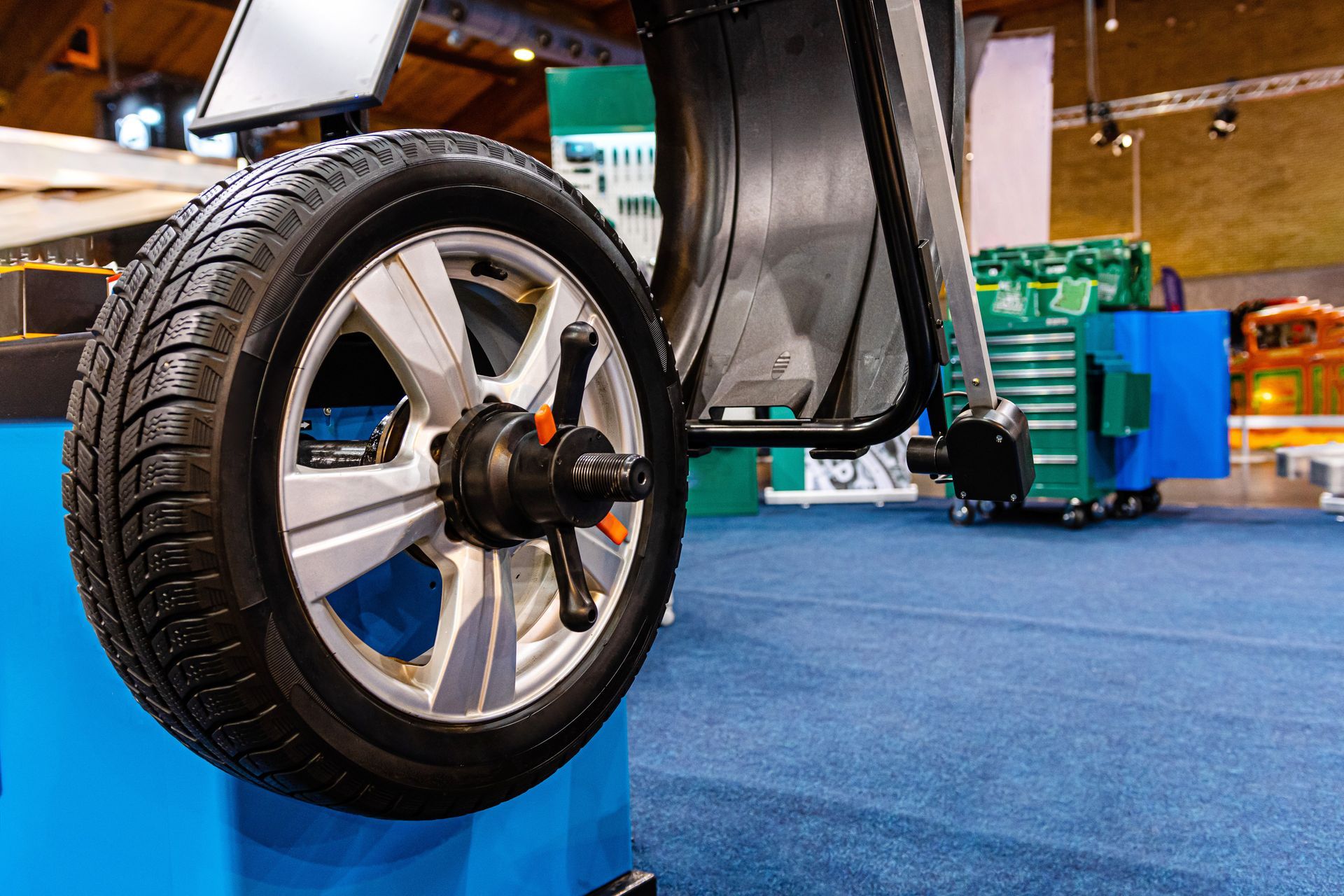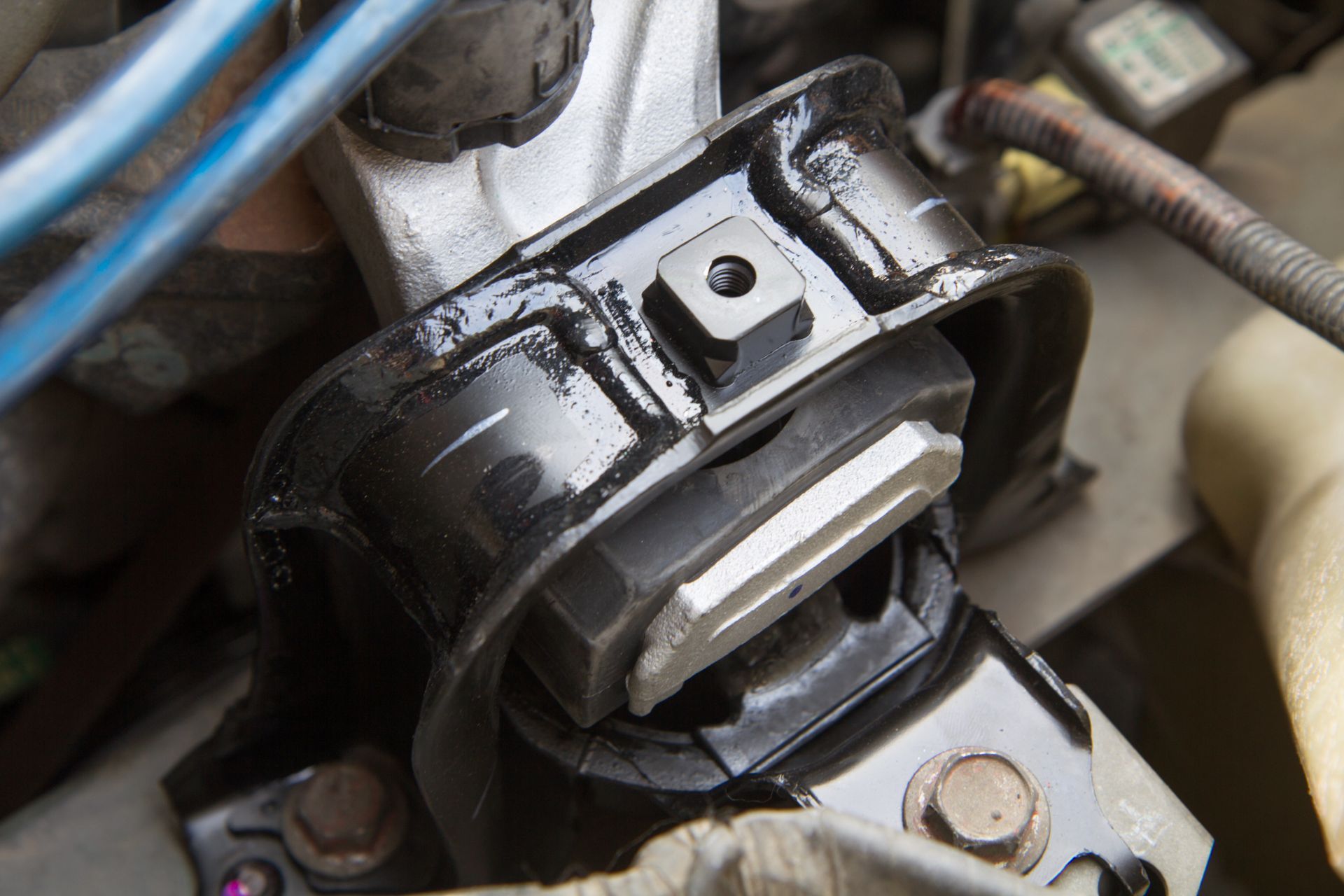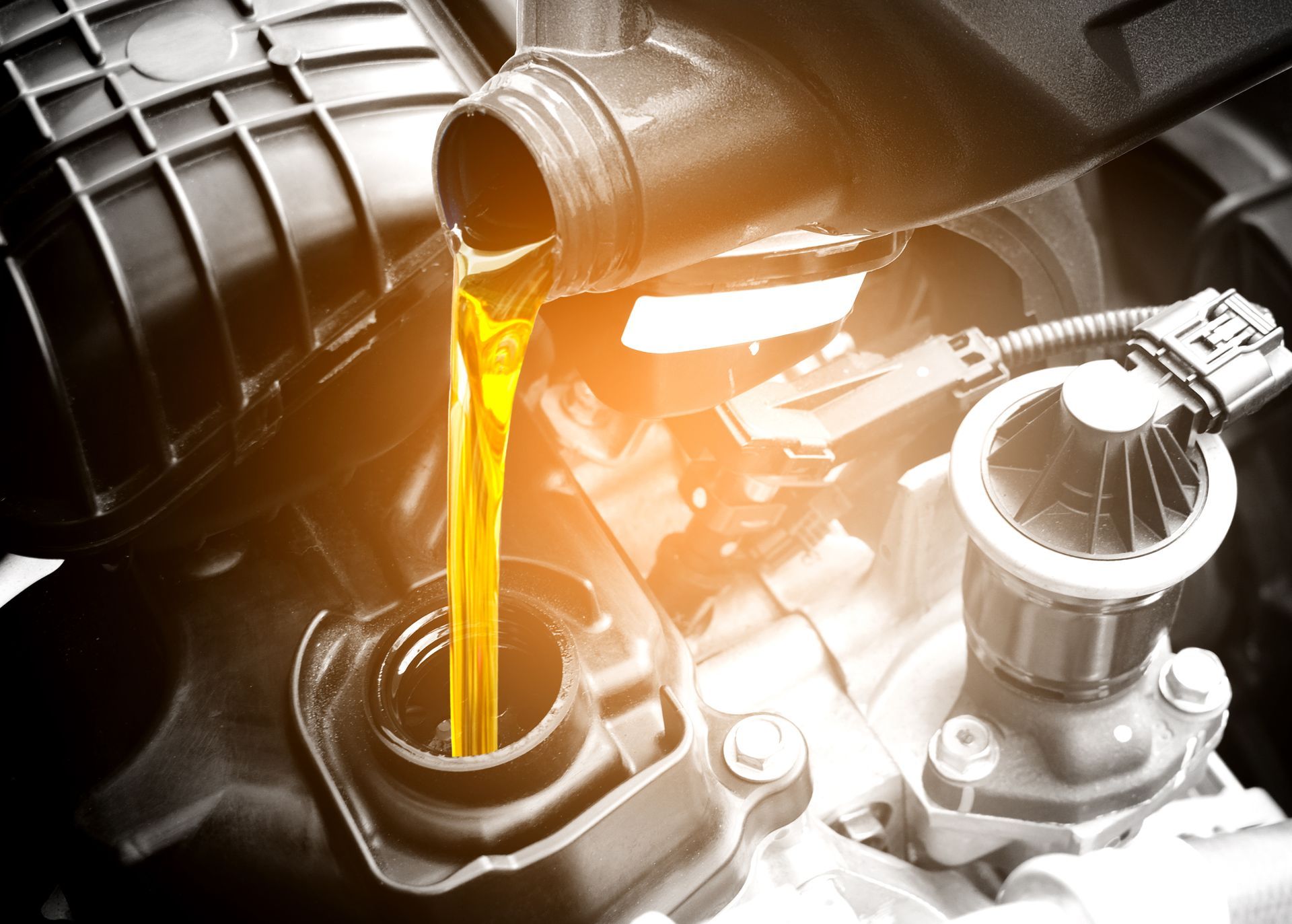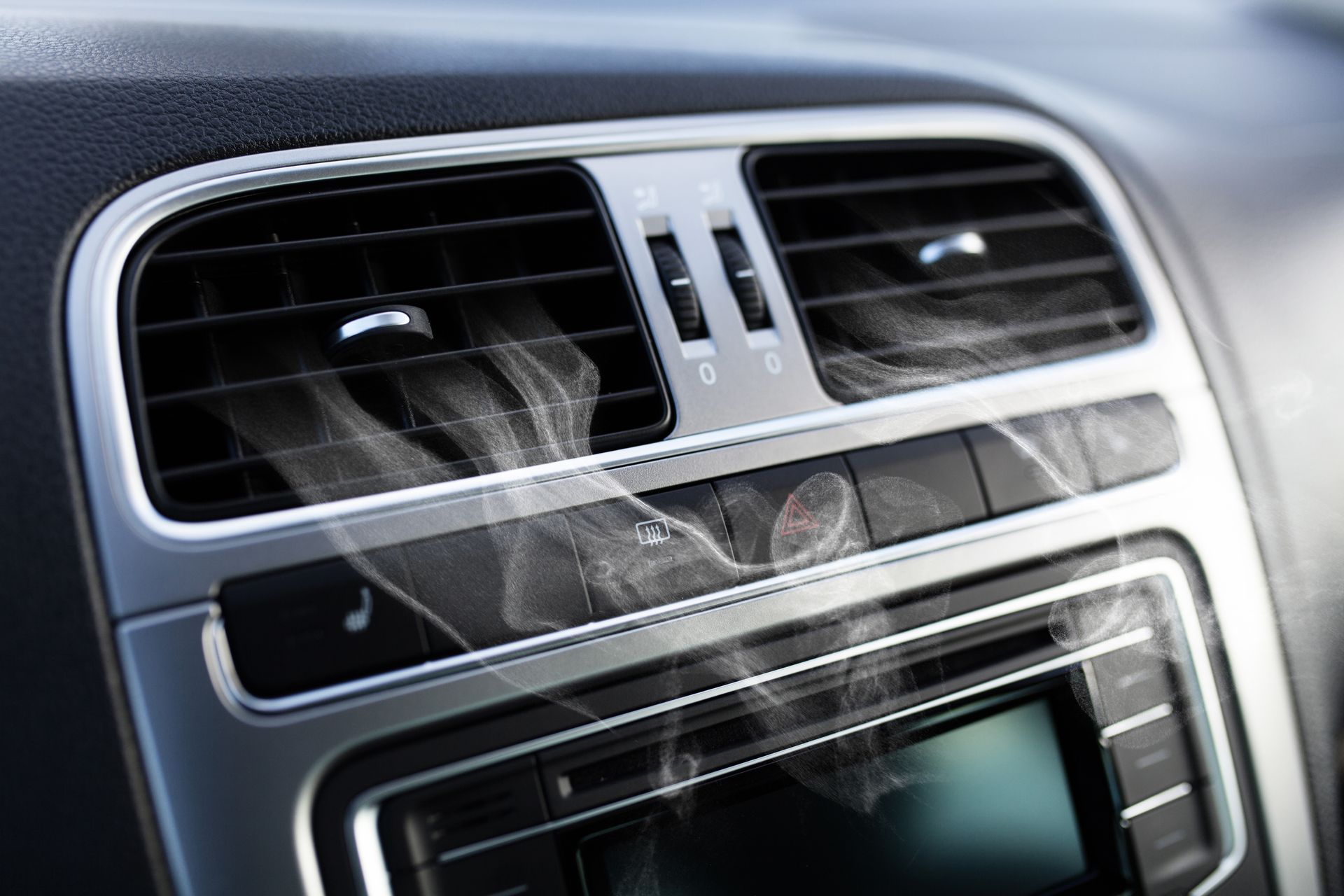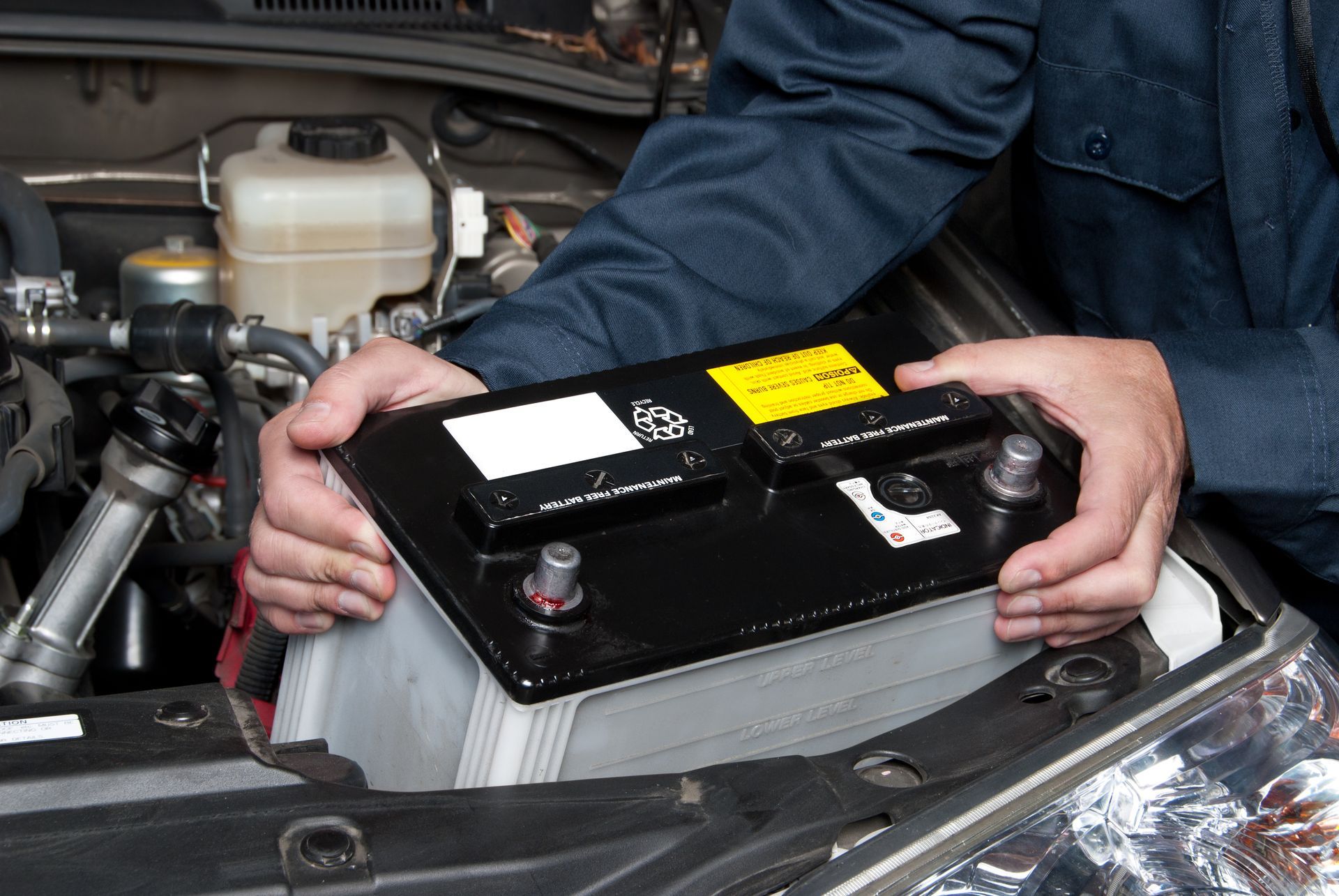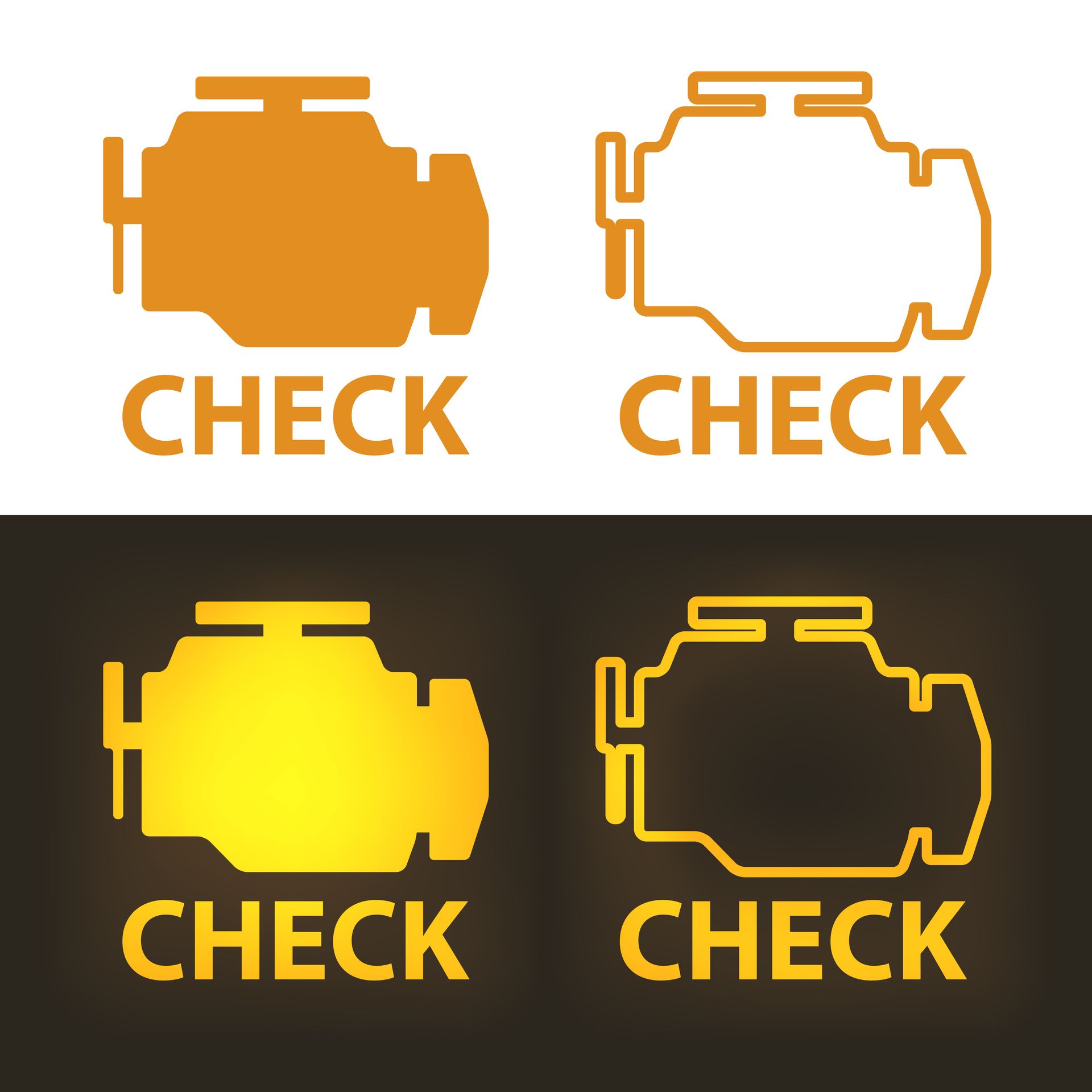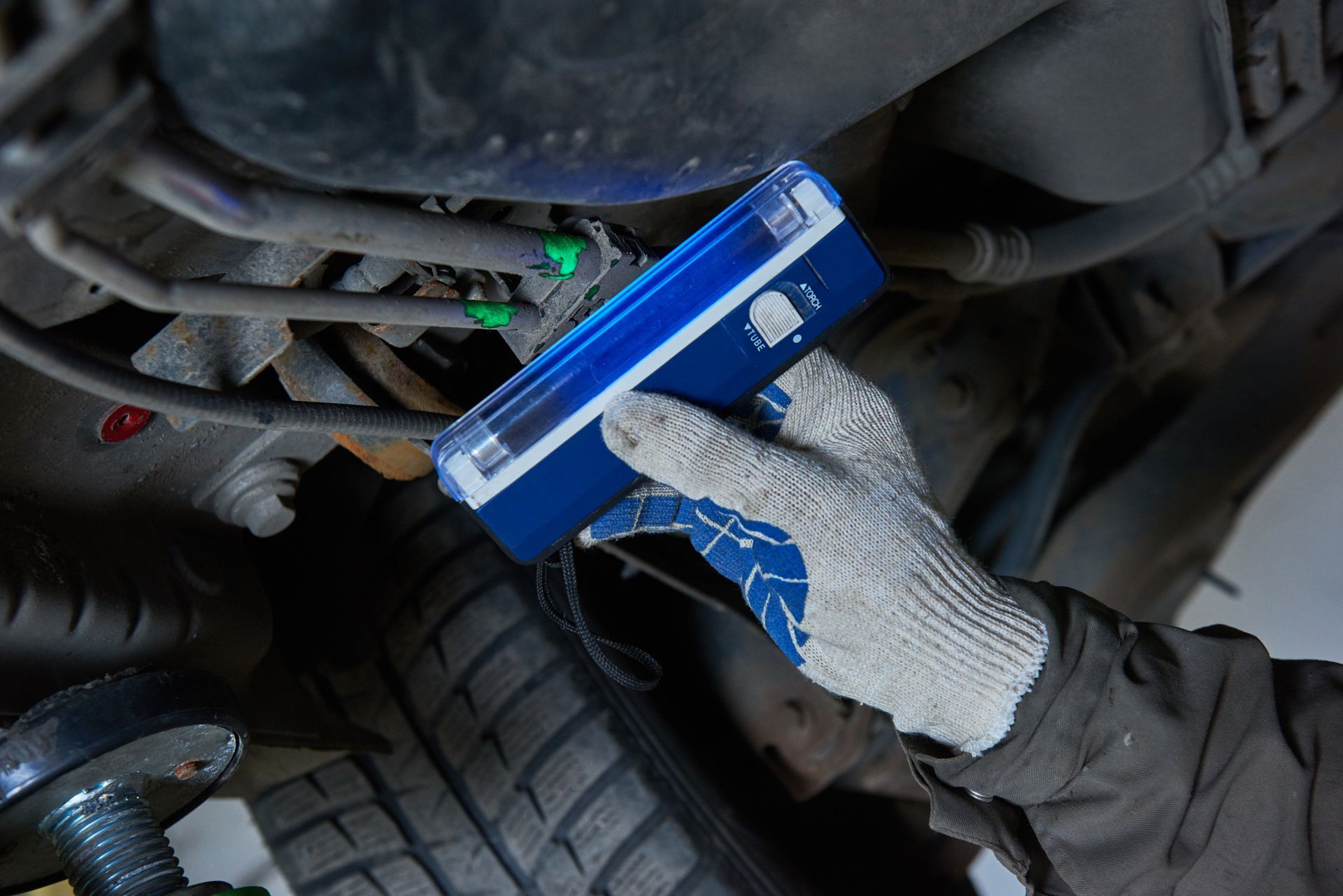Finding a small puddle of coolant under your car after it’s been parked can be alarming. You might notice it as a bright green, orange, or pinkish liquid, depending on the type of coolant your vehicle uses. While leaks are always a cause for concern, noticing one only when your car is parked can be particularly confusing. Understanding why this happens and addressing it promptly can help you avoid bigger problems and costly repairs.
The Role of Coolant
Coolant, also known as antifreeze, plays a crucial role in regulating the temperature of your engine. It circulates through the engine and radiator to absorb and dissipate heat, preventing overheating and protecting against corrosion and freezing.
A leak in this system can compromise its effectiveness, potentially leading to overheating and serious engine damage.
Why Do Leaks Happen When Parked
When you turn off your engine after driving, several changes occur that can cause coolant to leak.
First, the engine and cooling system pressure drop as the engine cools down. Any small cracks or weak spots in hoses, seals, or the radiator may begin to leak under this reduced pressure. Heat expansion during driving can temporarily seal minor cracks, but once the temperature and pressure drop, those cracks can open up again.
Common Causes of Coolant Leaks When Parked
Worn or Cracked Hoses
Rubber hoses that carry coolant can become brittle and crack over time, especially in hot climates like Arizona. These cracks may not leak significantly while driving due to system pressure but may drip once the car cools and sits still.
Leaky Radiator
A radiator with corrosion or physical damage can leak only after the engine is turned off and the metal contracts. This may explain why you don't notice leaks while driving but find coolant on the ground afterward.
Failing Water Pump
The water pump circulates coolant through the engine. Its seals and gaskets can wear out, leading to leaks. Often, leaks from the water pump are small and gradual, becoming more noticeable when the vehicle is parked.
Faulty Reservoir Cap or Overflow Tank
The coolant reservoir cap helps maintain system pressure. If it’s damaged or worn, coolant can escape into the overflow tank and spill out once the engine is turned off.
Heater Core Issues
The heater core, part of your car’s heating system, also handles coolant. Leaks in this area can sometimes cause fluid to drip onto the ground after parking or even create a sweet smell inside the cabin.
Why You Shouldn’t Ignore Coolant Leaks
Even small leaks can quickly become serious. Low coolant levels reduce your engine’s ability to regulate temperature, increasing the risk of overheating. Overheating can lead to warped cylinder heads, blown head gaskets, or complete engine failure — all of which are costly repairs.
Coolant is toxic to pets and harmful to the environment, so leaks should always be addressed promptly.
Checking for Coolant Leaks
If you suspect a coolant leak, check under your car after it has been parked for a few hours. Look for colorful fluid and note its location. You can also check your coolant reservoir to see if the level is lower than normal.
However, diagnosing the exact source of a leak often requires a pressure test or dye test performed by a professional.
Preventing Coolant Leaks
Routine maintenance is the best way to prevent leaks. Regularly inspect hoses and clamps for wear, check coolant levels, and replace coolant at intervals recommended by your vehicle’s manufacturer.
If you live in a hot climate, keep an extra close eye on your cooling system, as heat accelerates wear on rubber and metal components.
Trust Friendly Auto Centers in Mesa, AZ
At Friendly Auto Centers in Mesa, AZ, we understand the importance of a properly functioning cooling system, especially in the Arizona heat. Our experienced technicians can quickly locate and repair coolant leaks, inspect your entire cooling system, and help you avoid engine overheating.
If you find coolant under your car or notice your temperature gauge rising, don’t wait until it becomes a major problem. Contact us today to schedule an inspection and keep your engine running cool and reliable all year long.


